AARP Hearing Center


Thirteen
Zoe
WITH ITS ORIGINAL gold lettering, MacLeod & Son, above the door and its black-and-white-tiled entrance, the butcher’s was one of the oldest shops in town. Zoe had not been inside for years, but save for the new display cases, it looked exactly as she remembered. She took a cautious breath. Despite the trays of chops and steaks, sausages and mince, the air smelled of nothing in particular. While the boy ahead of her bought a pound of sausages, she studied the scotch eggs, neatly coated in breadcrumbs.
“Hello, Zoe. How are you?” Like her father, Mr. MacLeod played for the town cricket team; his garden was a highlight of Garden Day.
“Hi. I saw your sign.” She pointed as if he might have forgotten the Help Wanted sign in the window.
Mr. MacLeod stepped out from behind the counter—his apron was reassuringly white—and explained that he needed someone to work from eight to two on Saturdays, to help customers, and to clean and stock the cases. But what about her studies? Her parents?
“My brother has a job at the Co-op. They’ll be fine. Can I fill out an application?”
He laughed. “I know who you are, Zoe Lang. Your gran used to work here. Why don’t we try a couple of Saturdays? Tell your dad I’ll see him at the Salon meeting on Thursday.”
When she announced her job at supper, her mother’s fork came to a standstill. “Darling,” she said in her careful voice, “what about your exams?” Across the table, her father’s forehead furrowed.
She marshaled her arguments: her birthday was in just over a fortnight; Matthew had started at the Co-op when he was sixteen; they were always saying she needed to learn to manage money. “And Mr. MacLeod said Granny used to work there,” she added.
“But you don’t eat meat,” Matthew said. “Why would you want to work at a butcher’s?”
“You don’t eat everything you sell at the Co-op.” Beneath the table, Lily nudged her leg.
“Zoe,” said her father, “last year you almost failed Latin. You need to focus on school.”
Normally she would have protested: Who used Latin in ordinary life? She was good at the subjects that mattered. Now she only wanted them to agree. “I promise I’ll do my homework. It’s only six hours a week.” She gazed at her parents imploringly, in turn. Which of them would yield first?
“Well,” said her mother, “let’s see how you manage for a week or two.”
Before her father could disagree—he was still frowning—she passed on Mr. MacLeod’s message about the Salon meeting. It was Matthew who had proposed the old-fashioned name for the town’s annual fundraiser. Each year the committee picked a theme for the Salon and everyone paid to attend, either as audience or performers. Last year people had reenacted scenes from famous films. Matthew and Benjamin had chosen the diner scene from Five Easy Pieces. Their parents had played the hero and heroine in I Know Where I’m Going. Zoe and Duncan had applauded.
After supper, as they did the washing-up, she suggested that the three of them make a pact not to lie for a week. She had been mulling the idea since Ant called her a liar. She expected Matthew to laugh and say “Weird.” Instead he looked up from the frying pan he was scrubbing and asked, “What counts as a lie? Mum’s always talking about how easy it is to manipulate witnesses. If you ask how fast the car was going when it hit the wall, people say twenty miles per hour. If you ask how fast it was going when it smashed into the wall, they say forty-five.”
“Those people don’t know they’re lying.” Duncan dried a spatula. “It’s more like they’re color-blind.”
“I’m not asking you to testify in court.” She slid a plate into the dishwasher. “I’m suggesting we try not to tell deliberate lies.”
“So”—Matthew rinsed the pan—“ if Benjamin asks what I think of his new song, do I have to say I can’t stand it? Or can I say I like “Broken to the Bone” better? Both are true, but the first is truer.”
“Isn’t lying better than hurting Benjamin’s feelings?” Duncan said.
They both looked at Zoe.
“How can you call yourselves friends,” she said, “if you can’t tell each other the truth?” Even as she spoke, she remembered telling Moira she looked fantastic in her new skirt.
***


























































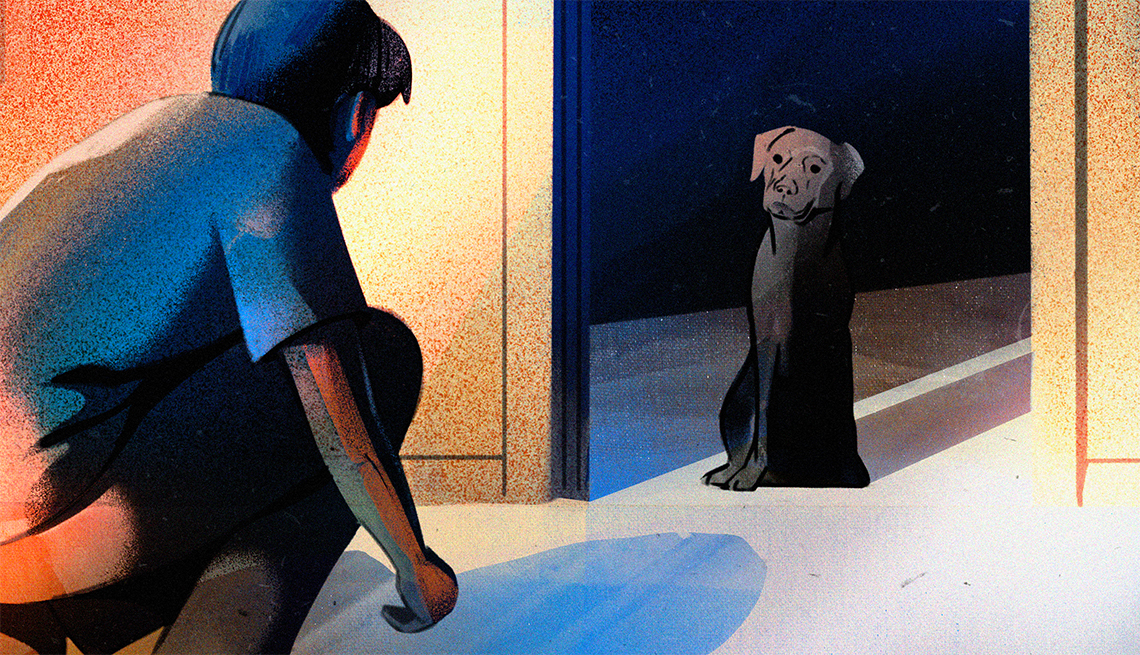
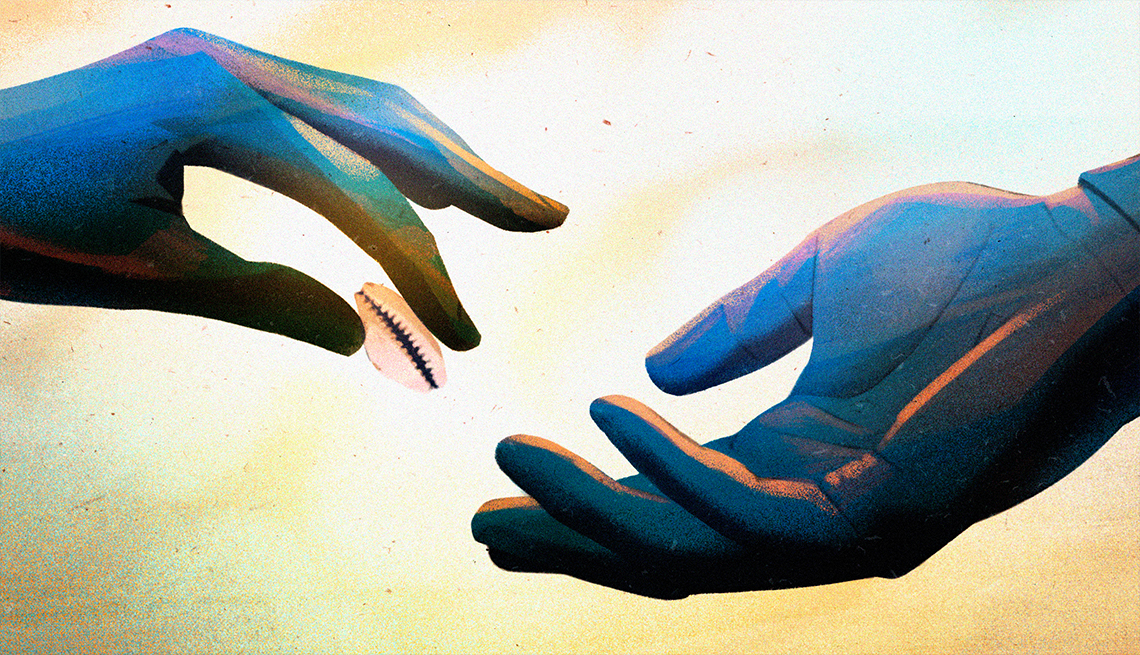
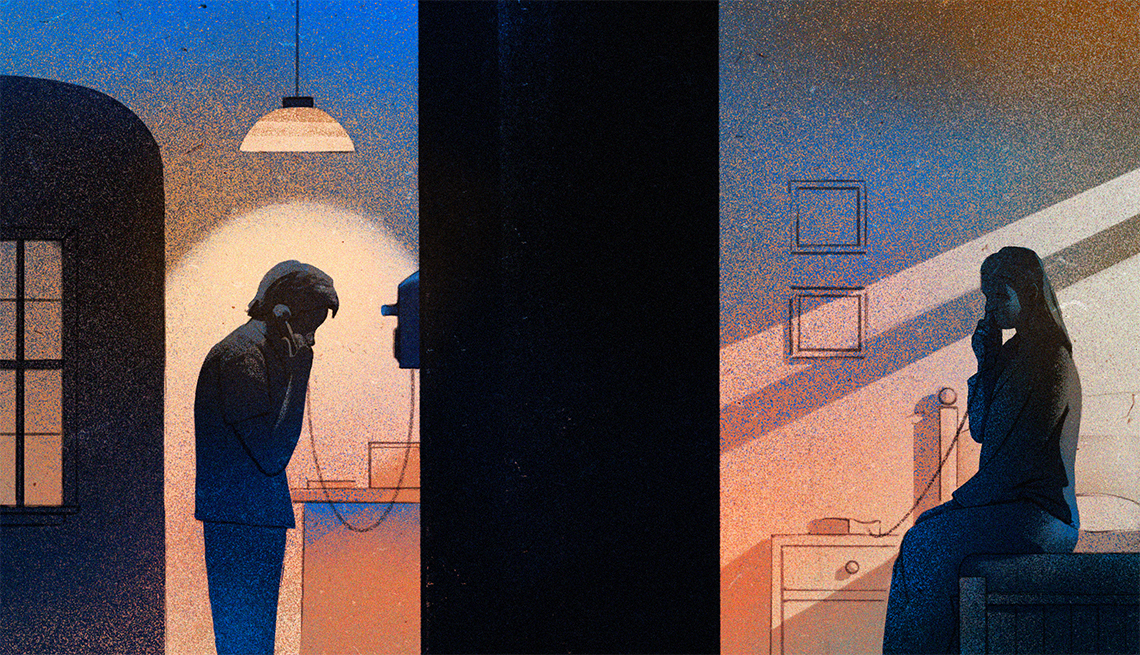
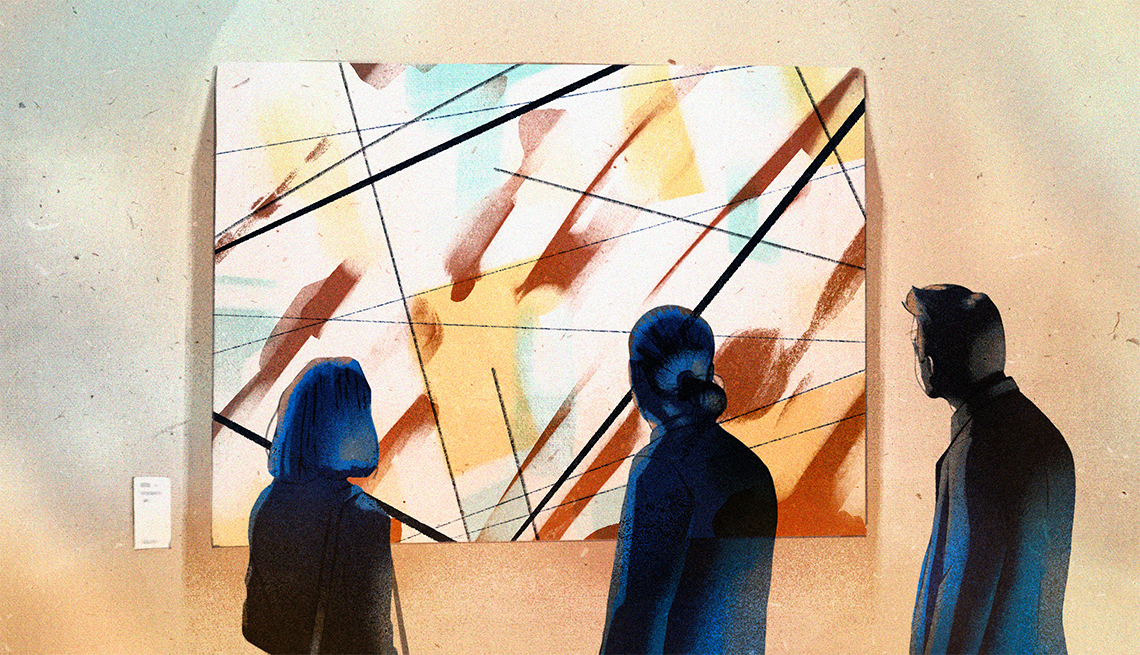
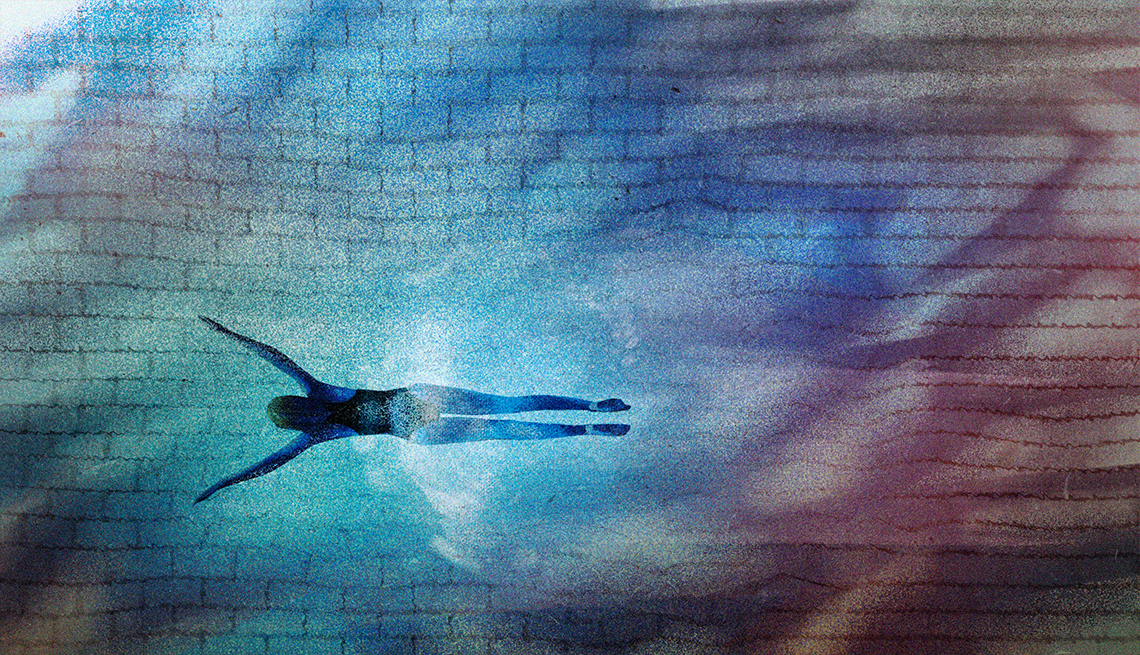
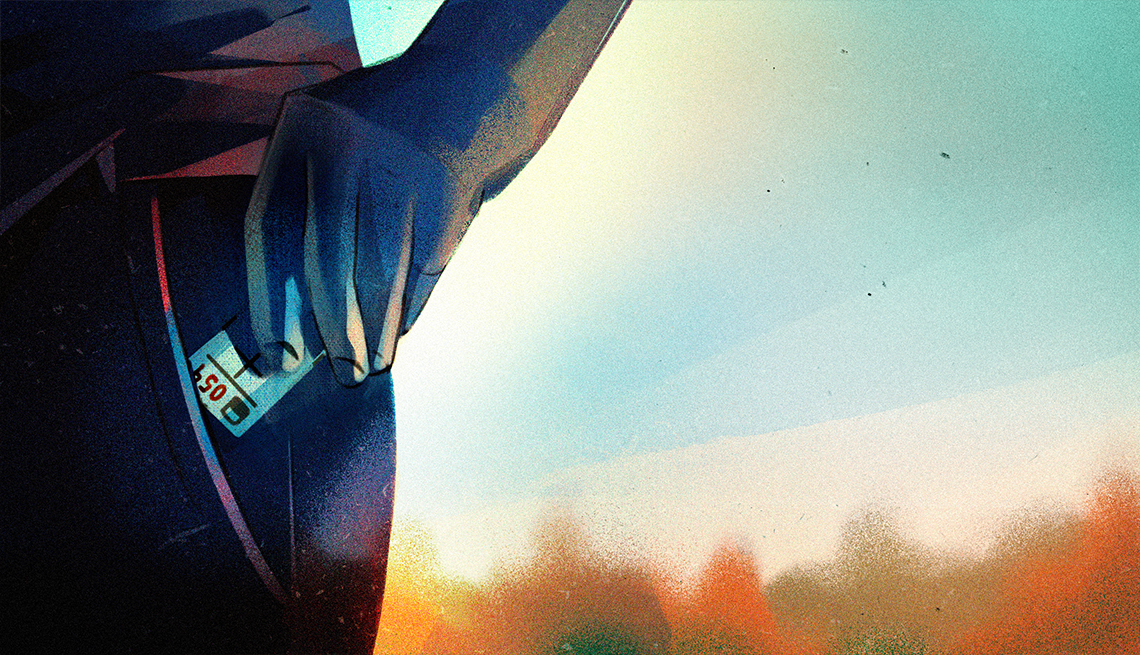

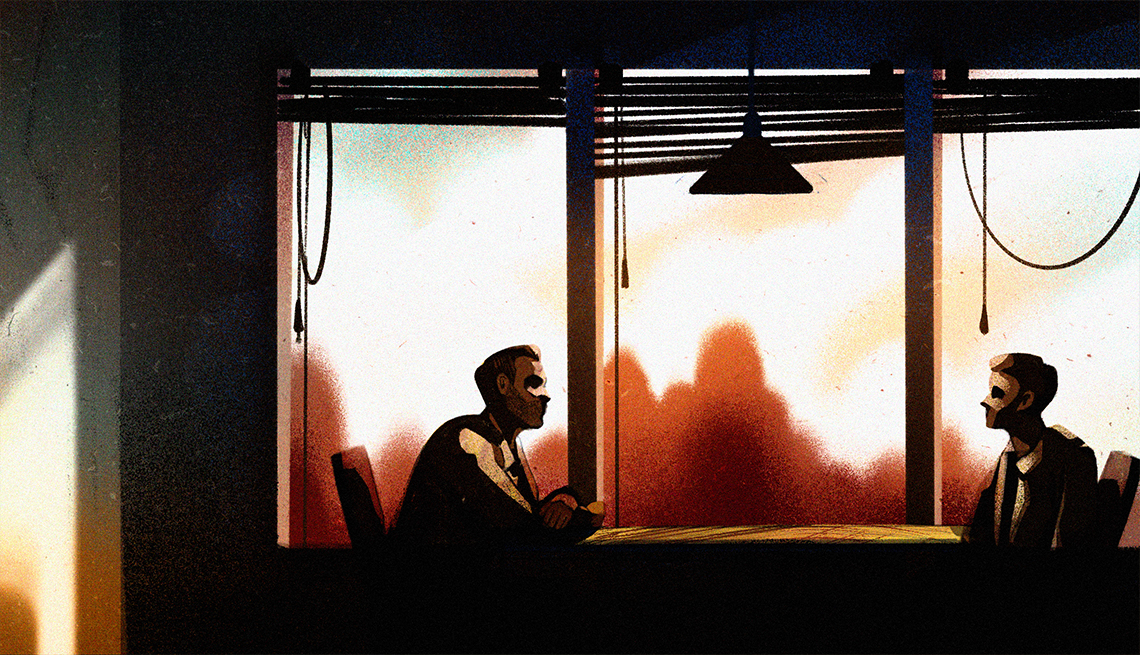
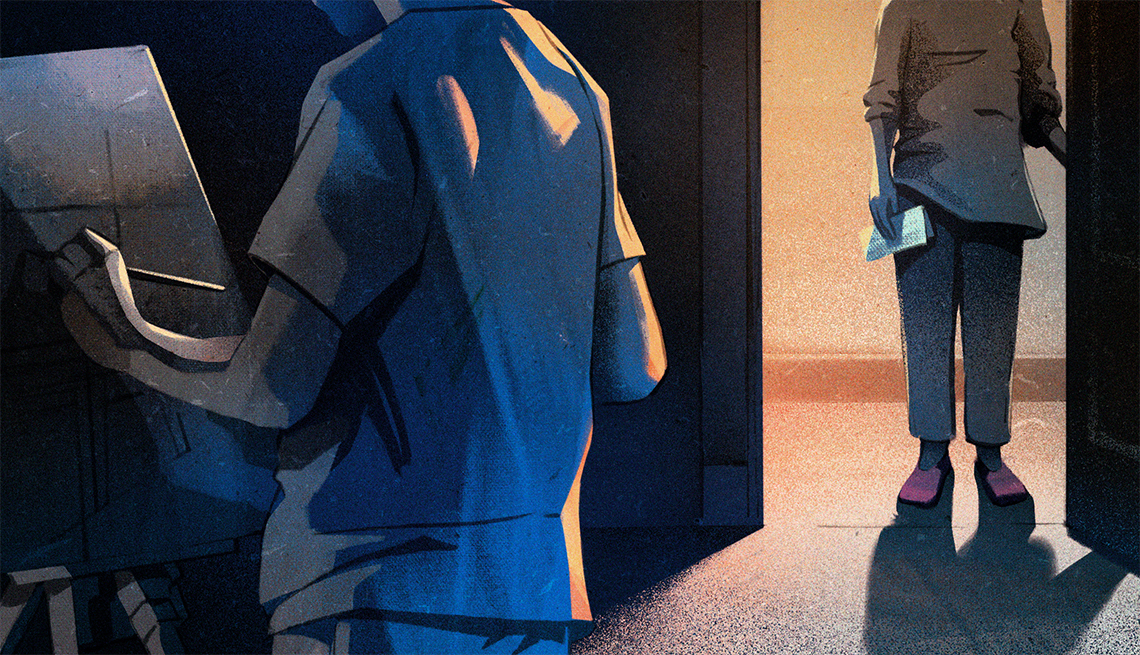
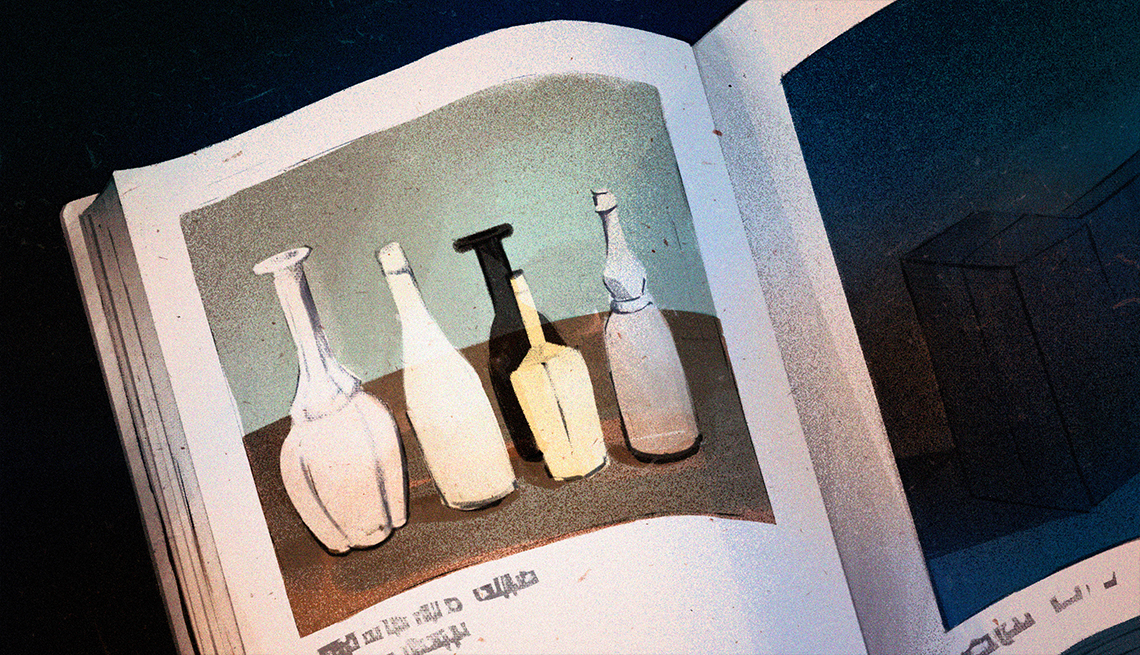
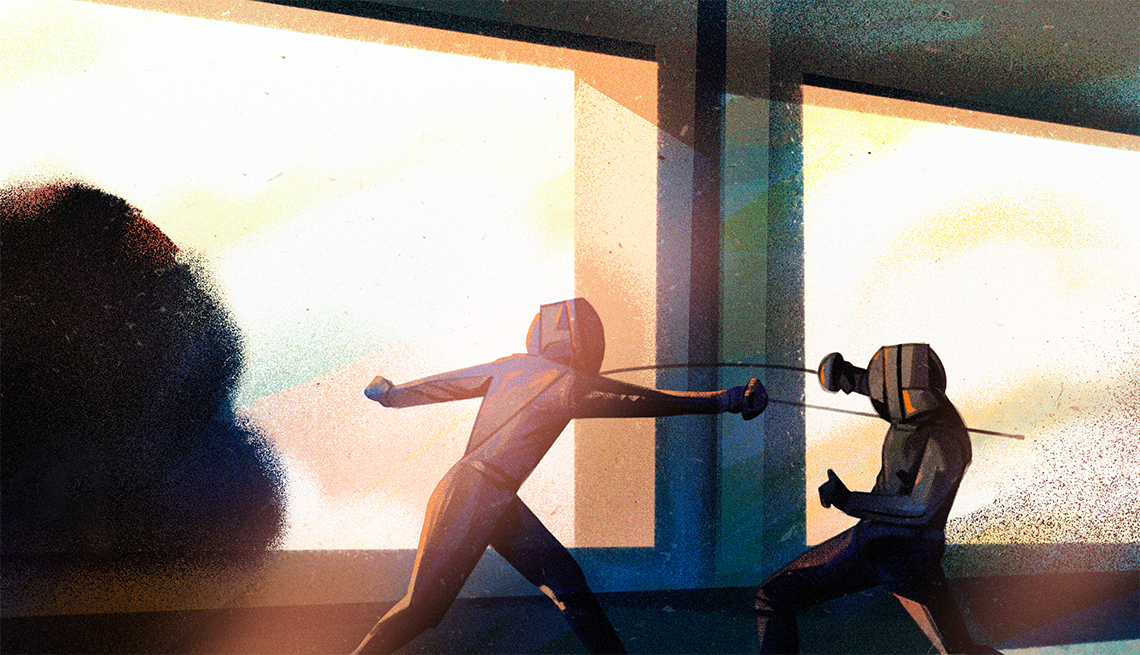
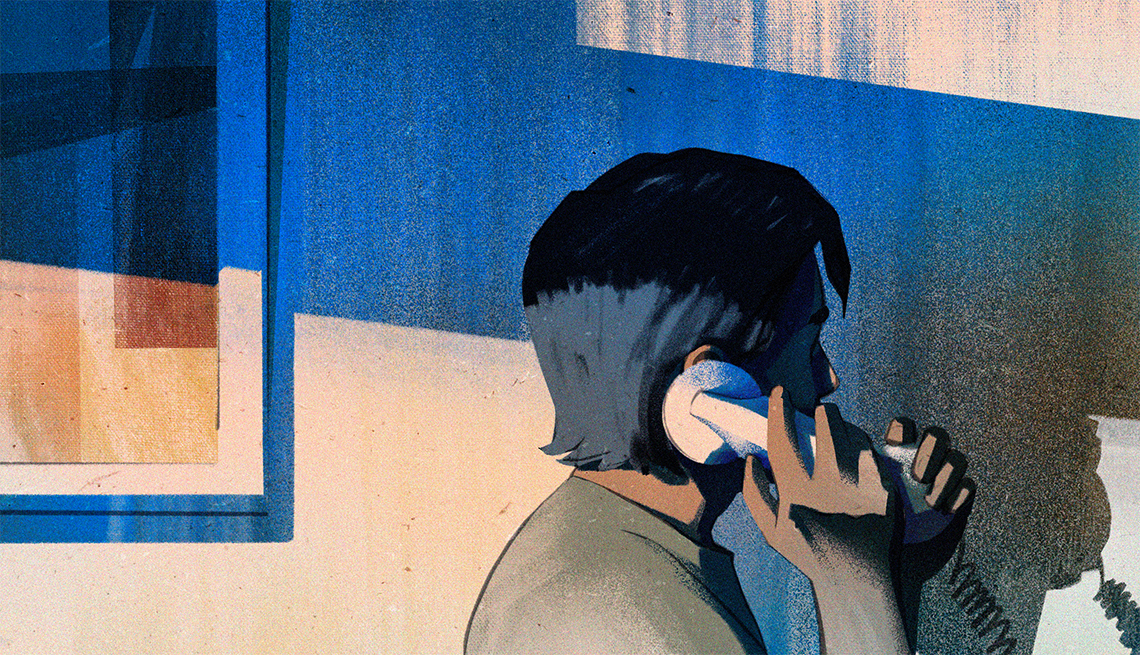
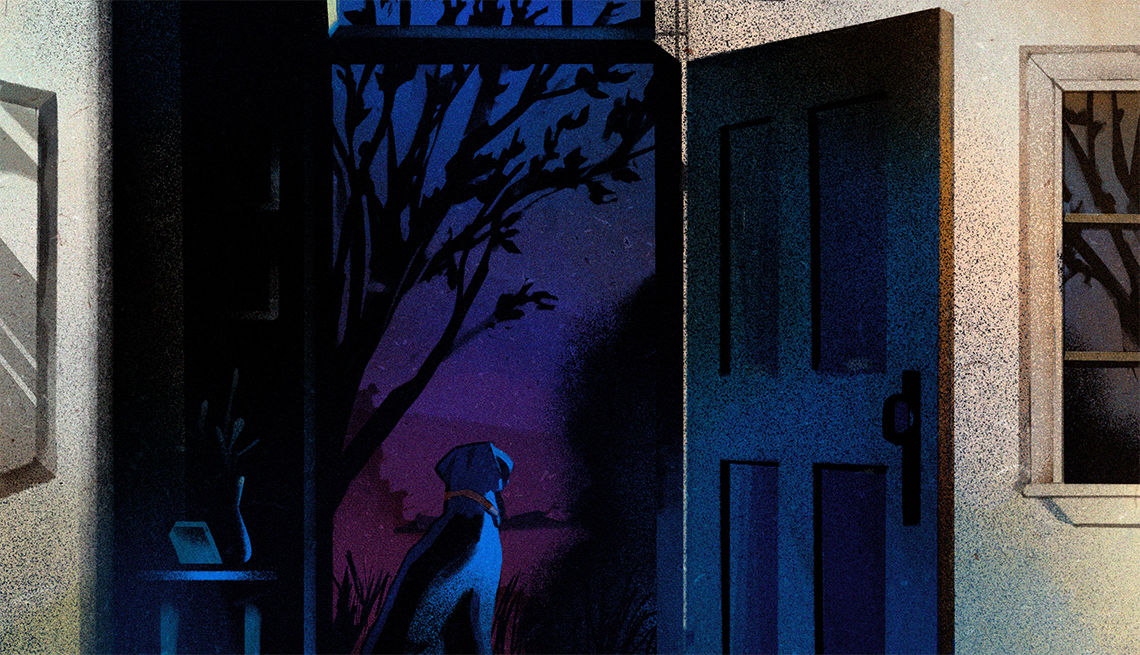
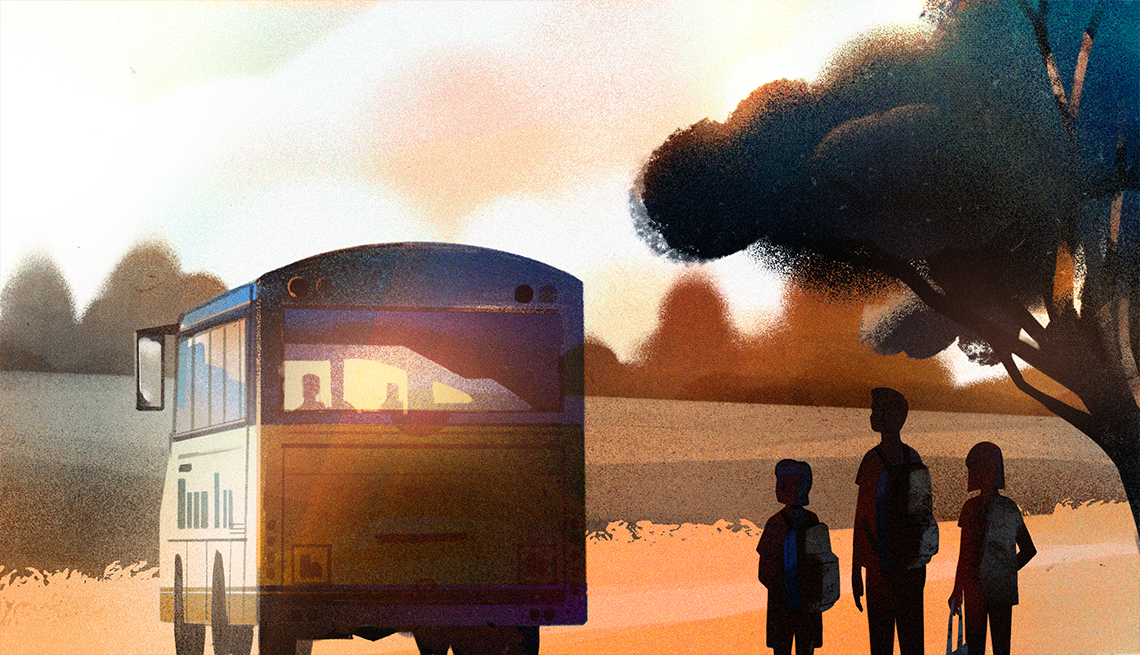
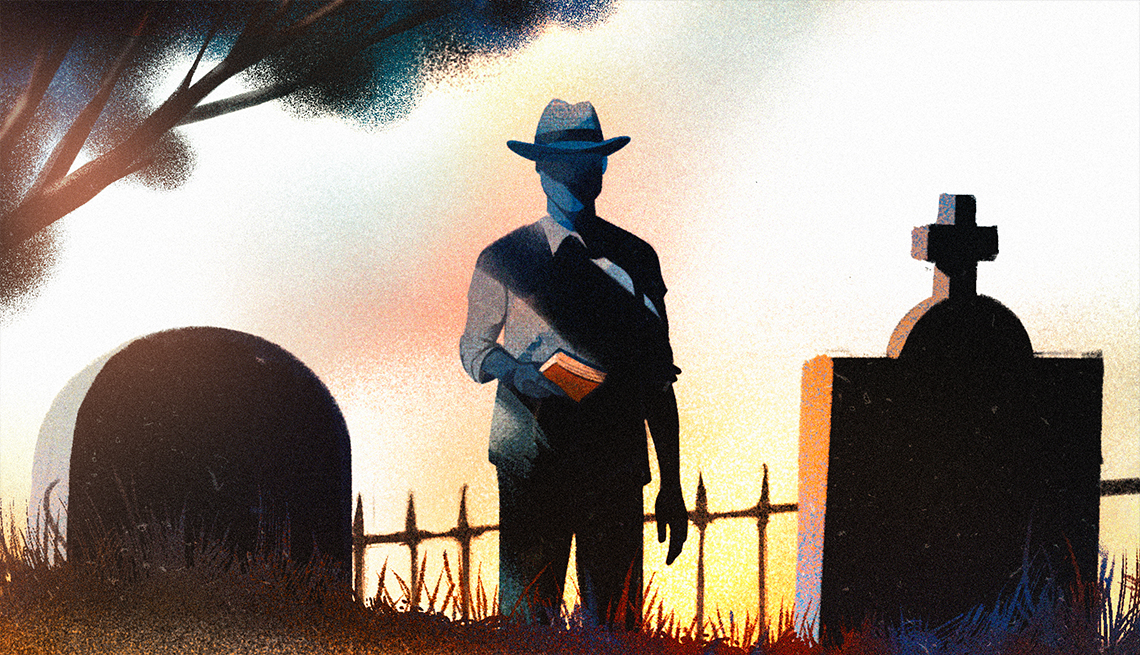
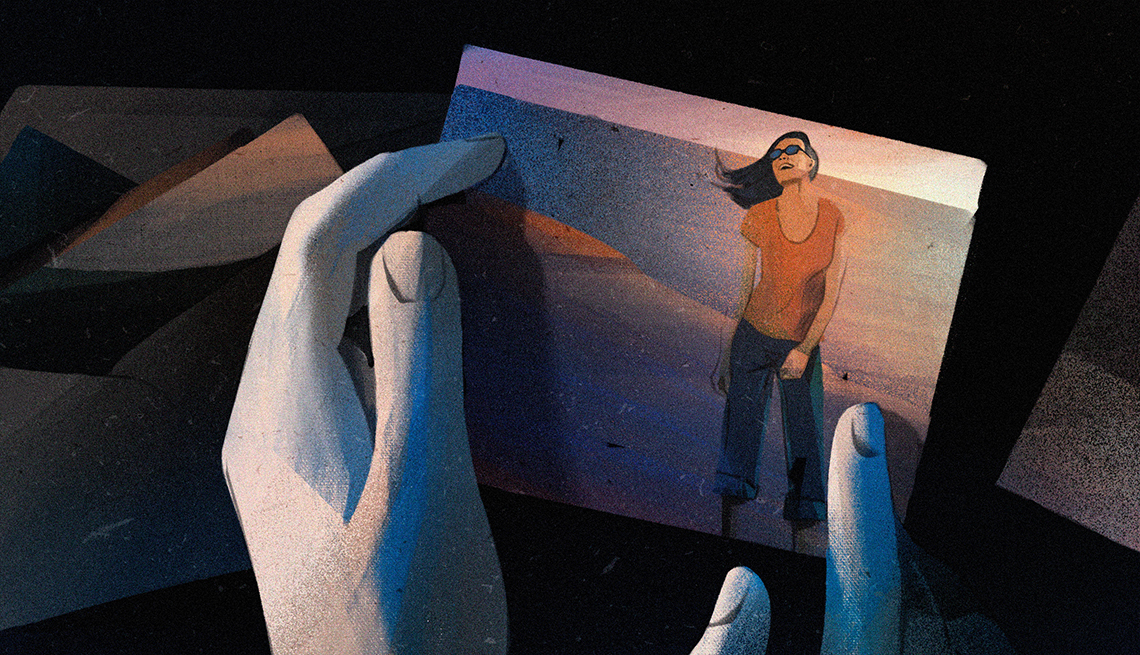
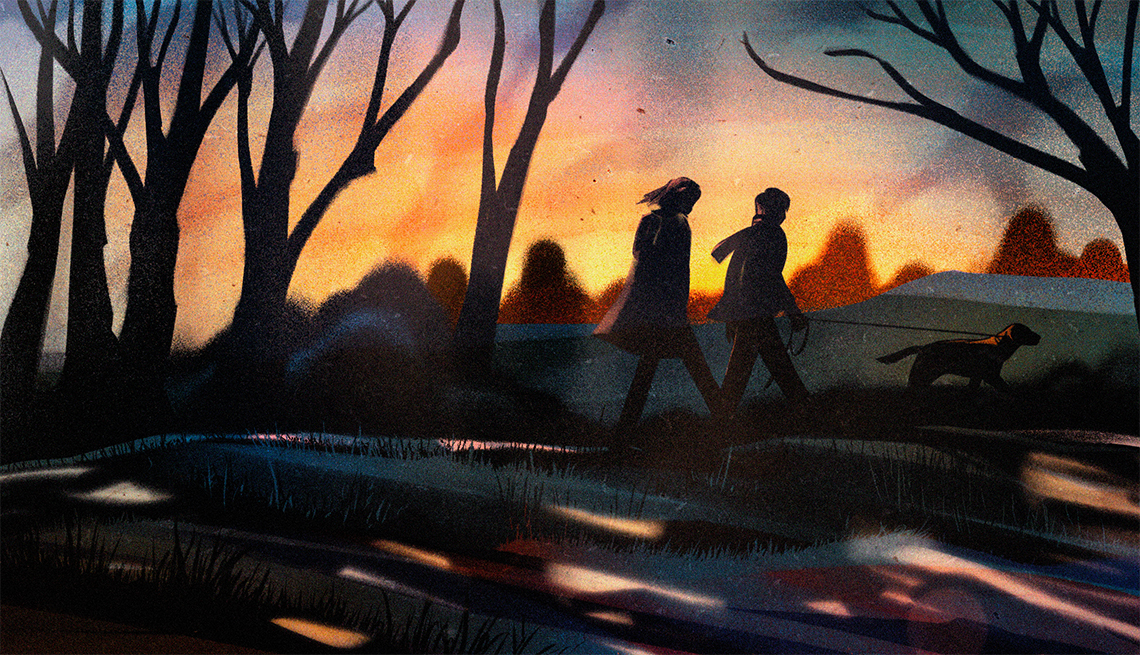
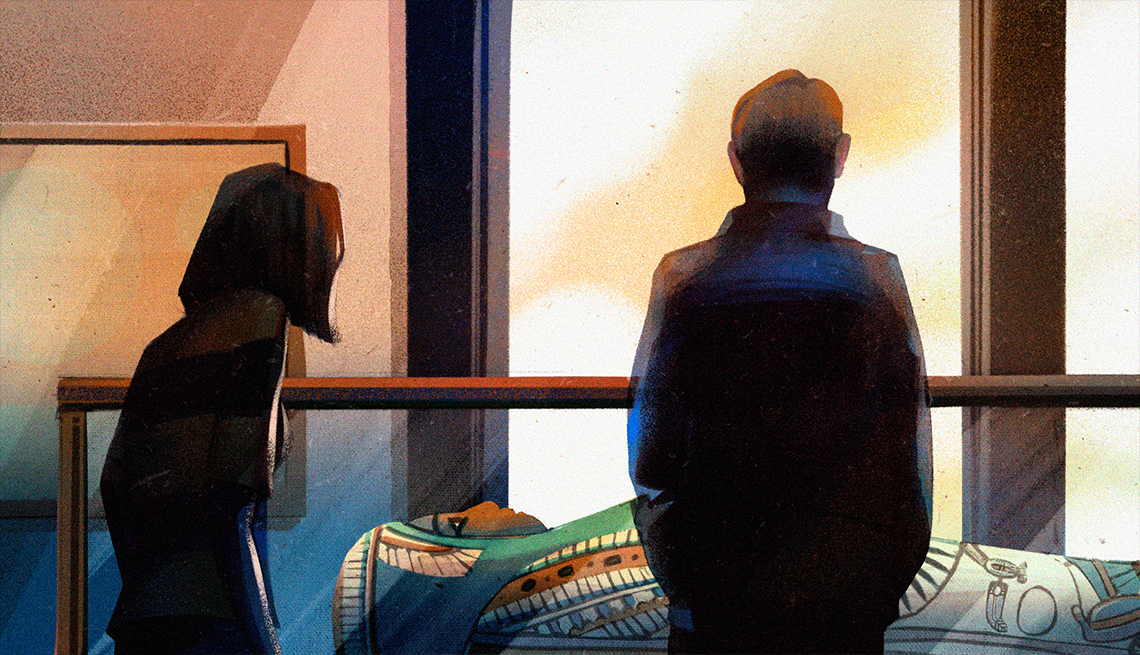
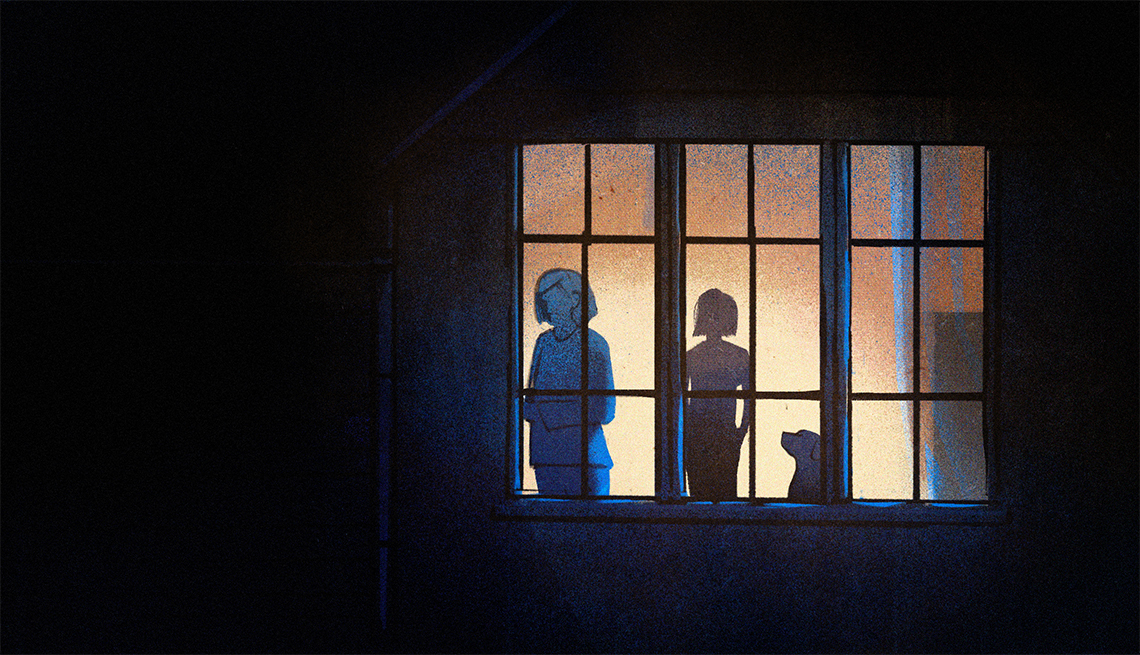
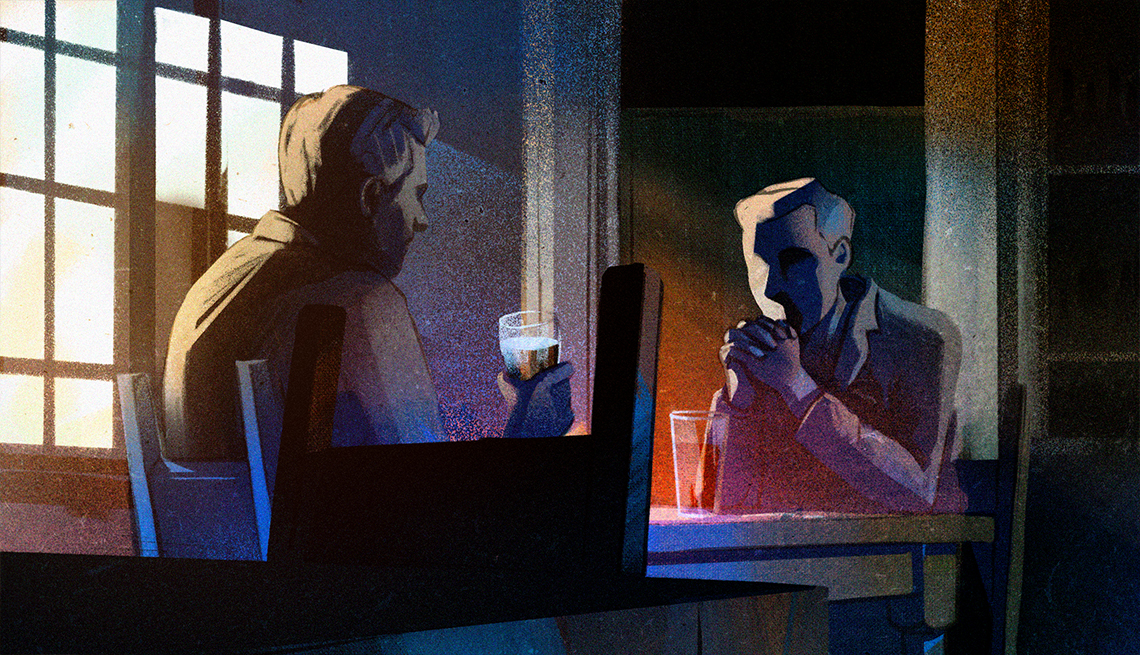



More From AARP
Free Books Online for Your Reading Pleasure
Gripping mysteries and other novels by popular authors available in their entirety for AARP members